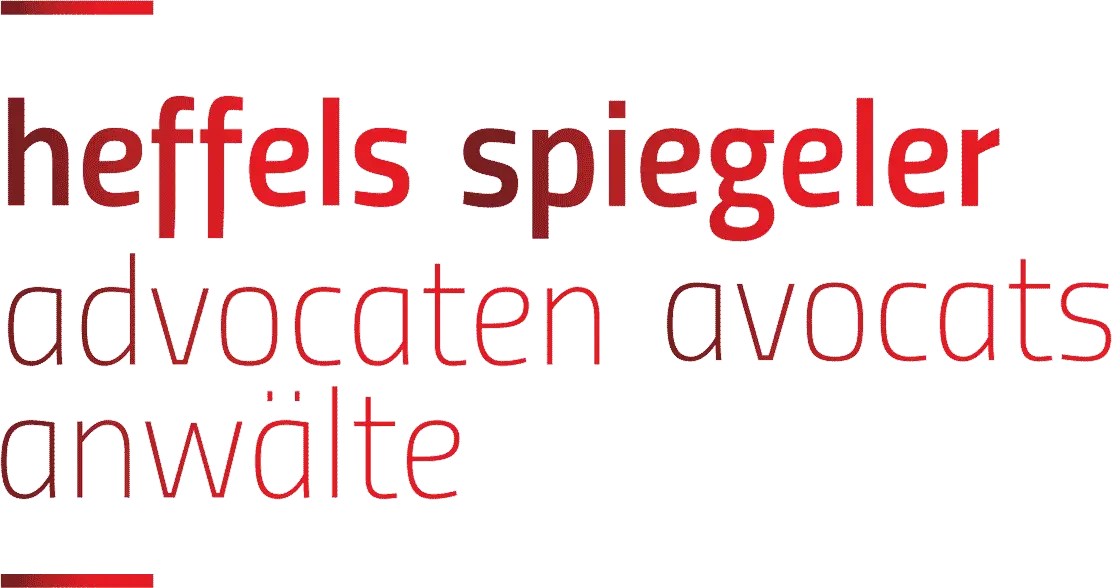The Netherlands remain in the European Union one of the most attractive countries for foreign companies, especially thanks to the ability to easily set up holding companies and gain assured benefits and profits. The attractiveness of these holdings is characterized among other things by the possibility of dialogue with the tax authorities on transfer pricing and tax liability, but also by the exemption of dividends received from subsidiaries and exemption from capital gains realized by the holding company on the sale of its shares.
Holdings are found most often in two forms: either in the form of NV (naamloze vennootschap) akin to French public limited companies (sociétés anonymes) or in the form of BV (Besloten Vennootschap), similar to the French SARL or the German GmbH. This second legal entity, the B.V. is the most popular and most applied form.
This attractiveness has been enhanced by the recent introduction of the Flex BV, the flexible liability company, allowing these companies to hardly have capital (€ 1,-) and a very flexible mode of operation, because they have the ability to create shares without voting rights or financial rights, to freely distribute the voting rights between individual shareholders, not to introduce restrictions on transfers of shares, or even to allow shareholders to adopt resolutions outside shareholders’ meetings.
Although the creation of companies has been simplified, tax issues are the second and probably the most important asset of the Dutch holdings. Any entity subject to corporation tax may indeed, irrespective of its legal form, benefit from the exemption dividends received and capital gains, known as the participation exemption regime.
Nonetheless, the Dutch holdings are subject to taxes, including corporate income tax at a rate of 25% (and at a rate of 20% for less than €200,000 profit). But the most interesting point is generous trade and intellectual property related tax deductions.
In this respect the Netherlands have set up next to very favourable rates for royalties a extremely attractive regime for business as regards to the taxation of certain intangible assets via the ” Innovation Box “. The aim of the latter was and still is to encourage companies to innovate, submitting charges from patentable inventions developed by the company and the products of research and development at a very low tax rate of 5%, provided that the intangible asset in question contributes at least to 30% of the revenues of the company.
Lyssah Dème – Solène Hamon
